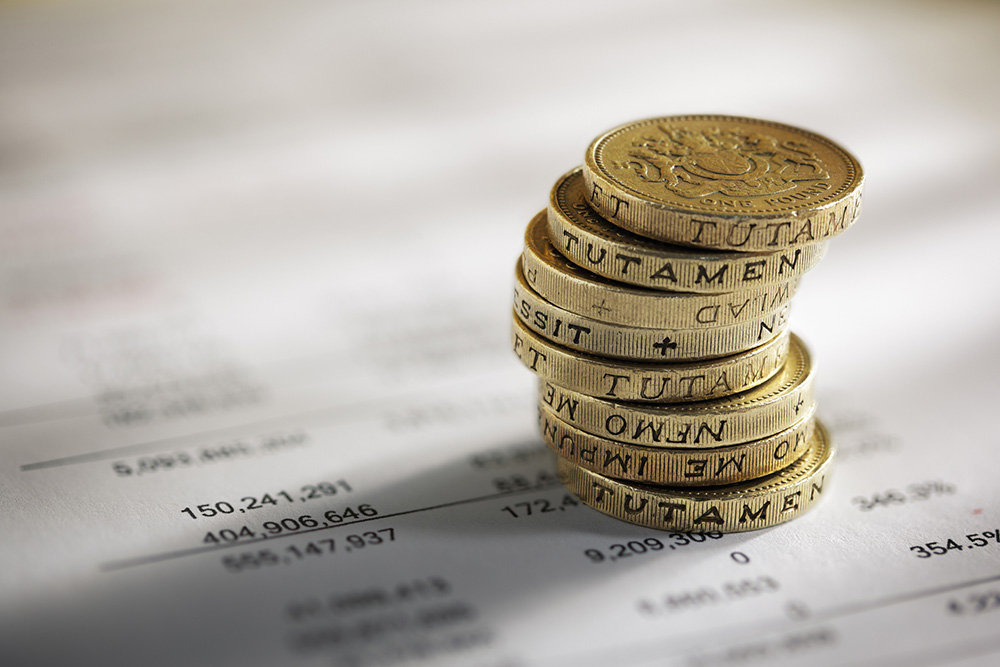
Serious illness or injury can strike at any age – regardless of health – and change your life completely. We see it in the news all the time. One recent story tells of how Maria O’Neill, aged 28, was diagnosed with an aggressive form of breast cancer. 5 weeks later, her mother was diagnosed with ovarian cancer. From November, Maria’s sick pay will be halved and she will stop getting paid entirely from April 2022 – leaving her financially vulnerable, as well as sick.





Recent Comments